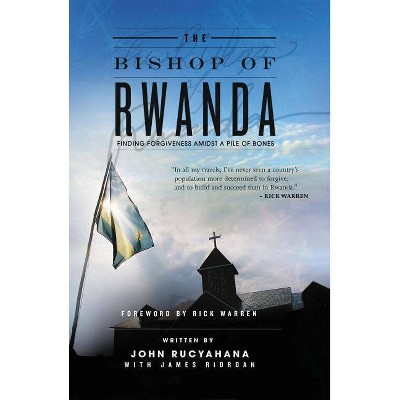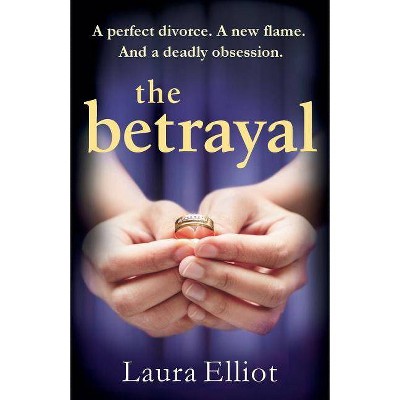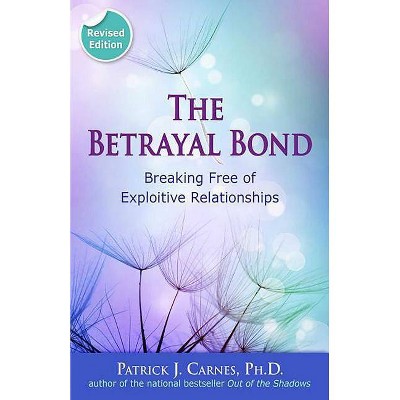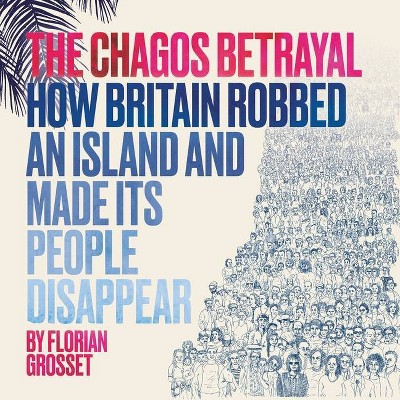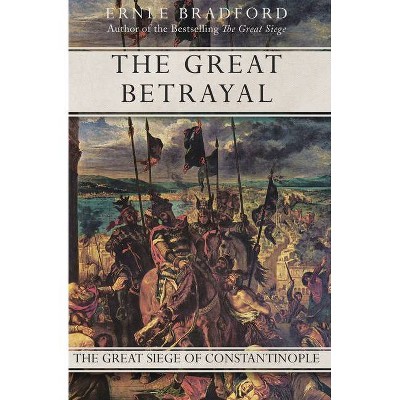The French Betrayal of Rwanda - by Daniela Kroslak (Paperback)
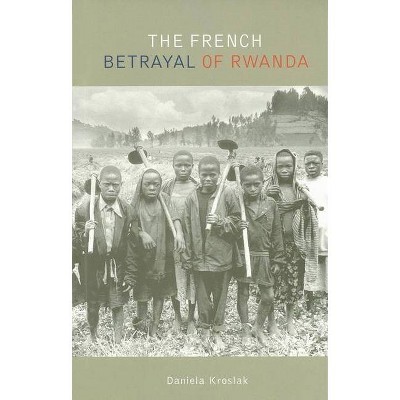
Similar Products
Products of same category from the store
AllProduct info
<p/><br></br><p><b> About the Book </b></p></br></br>Daniela Kroslak explores what the responsibility to prevent genocide entails by asking the following questions about what happened in Rwanda in 1994: To what extent can external actors, such as the French government, be held responsible for not preventing or suppressing genocide? Why did outsiders remain passive while Hutu extremists perpetrated genocide against their compatriots? How can the French government's responsibility be evaluated? What was France's role in the chilling events that took place in Rwanda? Focusing on three key themes--French awareness of the impending disaster, French involvement before the genocide, and French diplomatic efforts and military capacity to change the tide--Kroslak concludes that "never againmust be upheld by action and accountability.<p/><br></br><p><b> Book Synopsis </b></p></br></br><p>After the Holocaust, the victorious Allies pledged never again and enshrined their promise in the UN Convention on Genocide. Daniela Kroslak explores what the responsibility to prevent genocide entails by asking the following questions about what happened in Rwanda in 1994: To what extent can external actors, such as the French government, be held responsible for not preventing or suppressing genocide? Why did outsiders remain passive while Hutu extremists perpetrated genocide against their compatriots? How can the French government's responsibility be evaluated? What was France's role in the chilling events that took place in Rwanda? Focusing on three key themes--French awareness of the impending disaster, French involvement before the genocide, and French diplomatic efforts and military capacity to change the tide--Kroslak concludes that never again must be upheld by action and accountability.</p><p/><br></br><p><b> Review Quotes </b></p></br></br><br><p>. . . both succinct and comprehensive, as well as poignantly written. Her chapter on 'What the French Could Have Done' (chapter 9) once the genocide had started is particularly devastating, because she shows clearly that they could have done a great deal with resources that were not only available but also already present in Rwanda . . . . It is difficult to read such passages and remain unmoved.Sept. 2009</p>--Eugenia Zorbas "Centre for International Policy Studies, University of Ottowa"<br><br><p>. . . [Kroslak] expertly marshals the evidence . . . and she has provided a valuable contribution to the study of the events of 1994.Jan/Feb 2009</p>--Nicolas Van De Walle "Africa reviewer"<br><br><p>[The athour] Kroslak demonstrates extraordinary familiarity with the primary sources in this excellent study.7/1/2010</p>--Mac Dixon-Fyle "DePauw Univeristy"<br><br><p>Daniela Kroslak provides a systematic analysis of the French involvement in the Rwandan genocide... Kroslak's conclusions are incontrovertible: while France was not a perpetrator of the genocide, it 'can be held responsible for acts of commission and omission.' --Emmanuel Viret, Centre d'Etudes et de Recherches Internationales (CERI), Institut d'Etudes Politiques de Paris [Sciences-Po]</p>-- "AFRICAN STUDIES REVIEW"<br><br><p>Increasingly, genocide scholars question whether the Rwandan catastrophe would have occurred were it not for policies shaped in Paris. From the beginning of the slaughter, France was proactive in supporting the regime that promoted Hutu superiority and opposing the Rwandan Patriotic Front (RPF) that finally did end the genocide. Unlike the US (see Jared Cohen's One Hundred Days of Silence, CH, Aug'07, 44-7088), France did send troops into the country with its Operation Turquoise in June 1994. But they chose to conceptualize the conflict as a civil war, remaining neutral, rather than prioritize ending the genocide. They failed to save many Tutsis who were defenseless. French troops even refused to arrest or detain the genocidaires and facilitated their escape. Many argue that the subsequent bloodbath in the Congo--including atrocities on the part of the RPF--would have been less likely to occur were it not for those policies. Most of this book is based on Kroslak's 2002 dissertation. Her criteria for judging France's responsibility were knowledge, involvement, and capacity. Altogether, her verdict is reasonable. This book significantly contributes to literature that documents duplicitous and disreputable policies still denied in Paris. Summing Up: Essential. General readers, upper-division undergraduate students, graduate students, and research faculty.</p>--P.G. Conway "Choice"<br><br><p>This book significantly contributes to literature that documents duplicitous and disreputable policies still denied in Paris. . . . Essential.October 2008</p>--P.G. Conway "Suny College at Oneonta"<br><p/><br></br><p><b> About the Author </b></p></br></br><p>Daniela Kroslak is a conflict analyst at the United Nations Mission to the Democratic Republic of Congo.</p>
Price History
Cheapest price in the interval: 28 on November 8, 2021
Most expensive price in the interval: 28 on December 22, 2021
Price Archive shows prices from various stores, lets you see history and find the cheapest. There is no actual sale on the website. For all support, inquiry and suggestion messages communication@pricearchive.us

